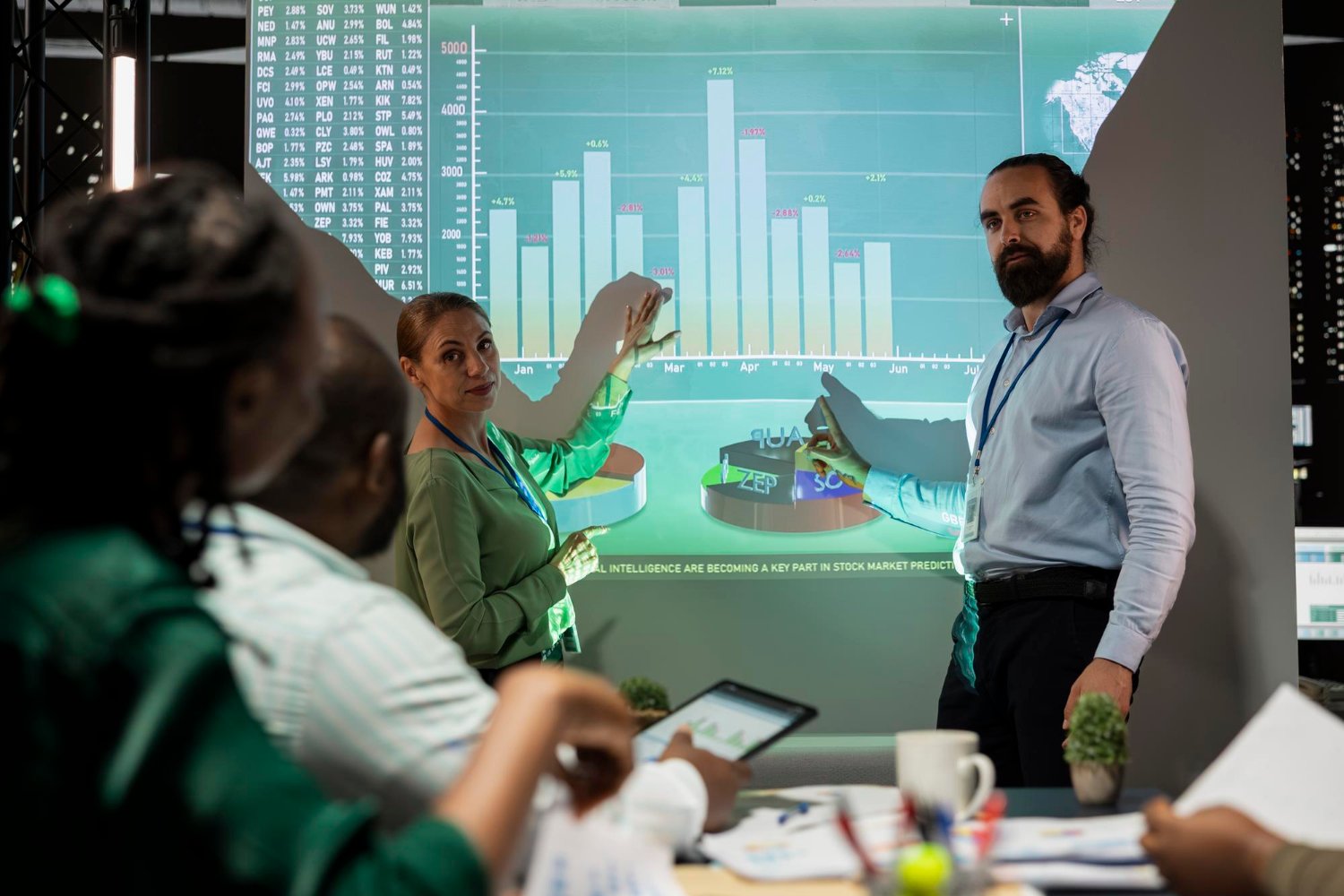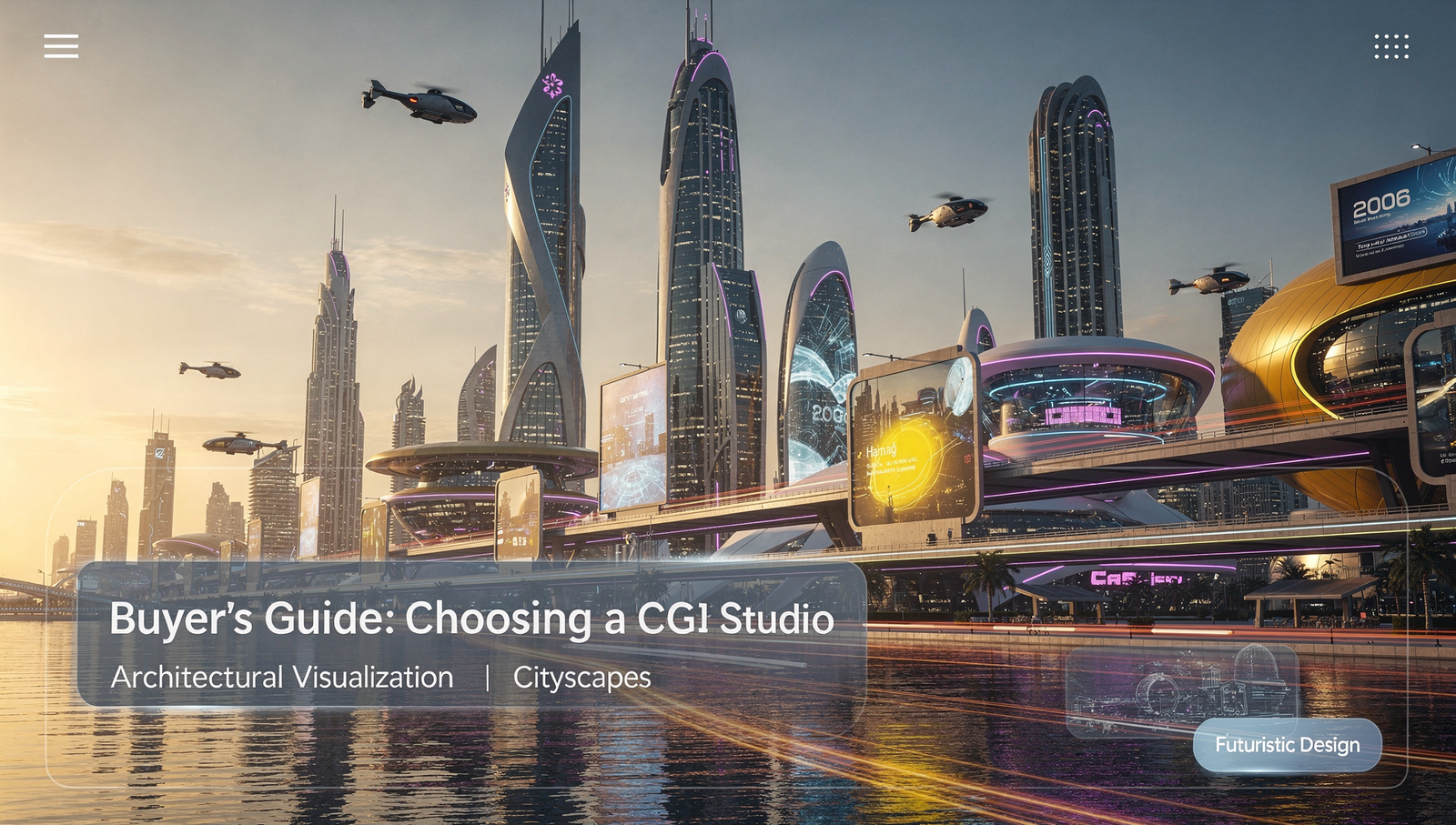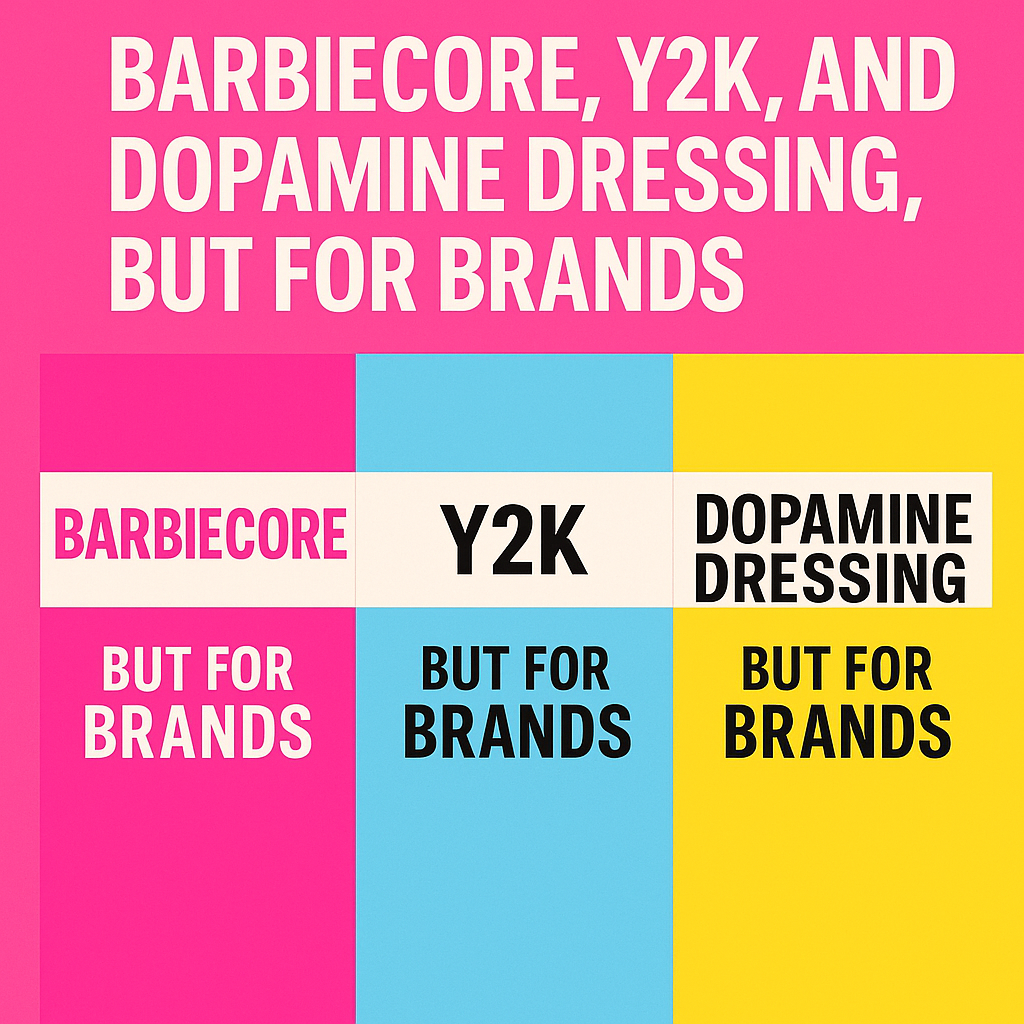Artificial intelligence (AI) is poised to revolutionize the field of video editing, making significant strides in efficiency, creativity, and personalization. The industry impact of AI on automated video editing is profound, affecting everything from the tools we use to the way content is created and consumed. This article explores the benefits of AI in the video editing industry and presents three success stories that illustrate its transformative capabilities.
Table of Contents
Understanding AI in Video Editing
AI in video editing refers to a suite of technologies that use algorithms and machine learning to automate tasks traditionally performed by human editors. These technologies can analyze video footage, identify key moments, and even suggest edits based on the desired style or narrative. As video content continues to proliferate across platforms, the need for efficient editing solutions has never been greater.
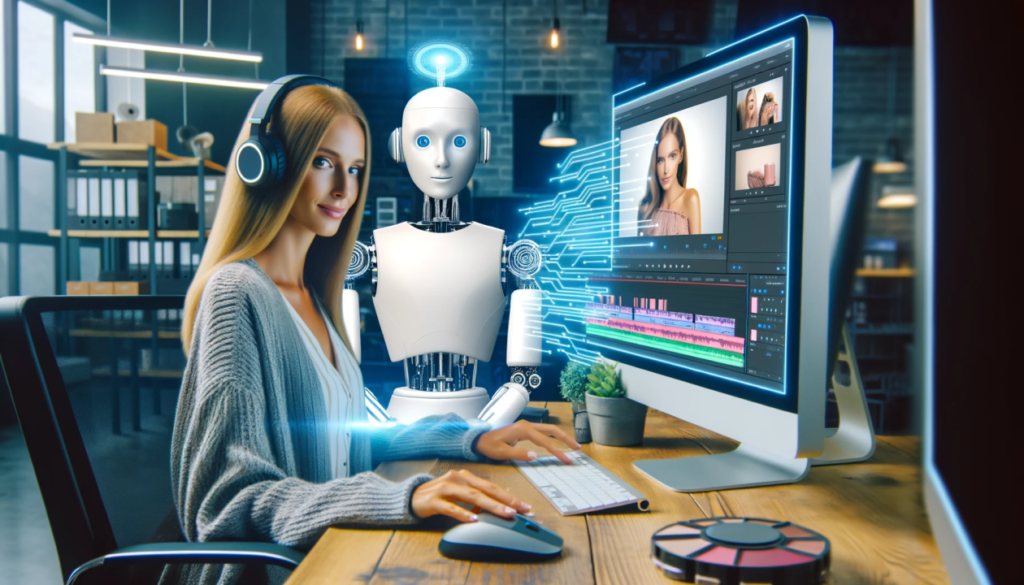
Benefits of AI in Video Editing
- Increased Efficiency: AI dramatically speeds up the editing process by automating repetitive tasks. Functions like clip selection, scene detection, and color correction can be executed much faster than manual editing.
- Cost Savings: By reducing the time spent on editing, AI can lower labor costs, making it particularly advantageous for small production companies and independent creators who may not have extensive budgets.
- Enhanced Creativity: AI tools can assist editors by providing smart recommendations, thus enhancing their creative process. These tools can suggest optimal transitions, music, and even pacing based on analytics and viewer preferences.
- Personalization at Scale: AI can analyze vast amounts of data to understand what types of content resonate with specific audiences, enabling creators to tailor their videos more effectively.
- Accessibility: AI-powered tools can democratize video editing by making sophisticated editing features accessible to non-professionals, empowering more creators to produce high-quality content.
The Future Landscape of Video Editing
By 2030, we can expect AI to become even more integral to video editing processes. Advancements in natural language processing (NLP) and computer vision will enable editors to interact with software using voice commands or text prompts, making the editing experience more intuitive. Additionally, the integration of AI with virtual and augmented reality will open new avenues for immersive content creation.
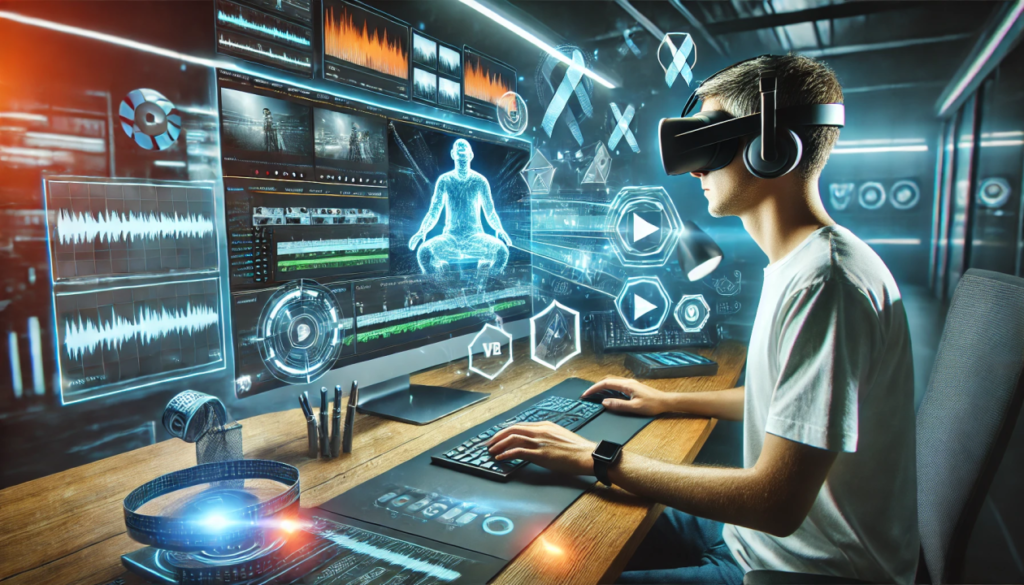
Innovative Use of AI: Real-World Success Stories
1. Adobe Premiere Pro and Adobe Sensei
Adobe Premiere Pro, a leading video editing software, has incorporated AI through its Adobe Sensei platform. This integration has brought about innovative features that automate labor-intensive tasks.
Success Story: Red Bull Media House
Red Bull Media House, known for its high-energy sports content, utilized Adobe Sensei’s Auto Reframe feature to efficiently produce videos for various social media platforms. The feature automatically adjusts video dimensions while preserving the most critical elements of the frame, ensuring that their content looks great across different formats.
The results were impressive: Red Bull reported a significant increase in social media engagement, thanks to the tailored content that resonated with different audiences. This success highlights the industry impact of AI in enhancing both the reach and effectiveness of video marketing.
2. Magisto: AI Video Creation for Businesses
Magisto is an AI-driven video editing platform designed for marketers and businesses. Users can upload raw footage, select a style, and let the AI handle the editing.
Success Story: Zocdoc
Zocdoc, an online medical care appointment booking service, employed Magisto to create promotional videos showcasing their platform’s features. By simply uploading existing video clips, Zocdoc was able to generate engaging content that aligned with its branding.
The AI’s ability to analyze viewer behavior allowed Zocdoc to produce videos that effectively addressed audience needs, resulting in a 50% increase in social media engagement. This illustrates the benefits of AI in the video editing industry, especially for businesses looking to connect with their audience through compelling visual storytelling.
3. Pond5 and AI-Powered Video Search
Pond5, a stock media marketplace, utilizes AI to enhance its video search capabilities. The platform’s AI algorithms can analyze both audio and visual elements, allowing users to find specific clips more efficiently.
Success Story: Nature Documentary Filmmaker
A nature documentary filmmaker used Pond5’s AI-powered search feature to locate relevant stock footage for a project on wildlife conservation. Instead of manually sifting through thousands of clips, the filmmaker could use specific keywords to find high-quality visuals that matched the documentary’s theme.
This capability not only saved time but also enriched the final product, demonstrating how AI applications in real-world scenarios can streamline workflows and improve content quality.
The Ethical Implications of AI in Video Editing
While the benefits of AI in video editing are significant, there are also ethical considerations that must be addressed. Issues such as data privacy, copyright infringement, and the potential for job displacement are important discussions that need to take place as the industry evolves.
- Data Privacy: AI tools often rely on user data to improve functionality. Companies must be transparent about data collection practices and ensure that user privacy is protected.
- Copyright Concerns: As AI generates content based on existing works, it raises questions about originality and ownership. The industry must navigate these complexities to protect creators’ rights.
- Job Displacement: While AI can enhance productivity, it also poses the risk of replacing some jobs in the editing field. However, it can also create new opportunities for roles focused on overseeing and managing AI tools.

The Road Ahead: Predictions for 2030
As we move towards 2030, the role of AI in automated video editing will continue to expand. Here are some predictions for the future landscape:
- More Intuitive Interfaces: AI will enable more natural interactions with editing software, allowing users to control editing processes through voice commands or even gestures.
- Real-Time Collaboration: AI will facilitate real-time collaboration among teams, allowing multiple editors to work on a project simultaneously, regardless of their physical location.
- Enhanced Personalization: As AI becomes more sophisticated, it will offer even deeper insights into audience preferences, allowing creators to produce highly personalized content that resonates with viewers.
- Augmented Reality (AR) and Virtual Reality (VR) Integration: AI will play a critical role in editing immersive content for AR and VR experiences, expanding the possibilities for storytelling.
- Ethical AI Development: The industry will increasingly focus on developing ethical AI practices, ensuring that technologies are used responsibly and equitably.
Overall
The role of AI in automated video editing by 2030 will be transformative, driving significant changes in how video content is created and consumed. With benefits ranging from increased efficiency and cost savings to enhanced creativity and personalization, AI is set to redefine the video editing landscape.
The success stories of companies like Red Bull Media House, Zocdoc, and Pond5 illustrate the practical applications of AI, showcasing its potential to elevate content quality and audience engagement. As we embrace this technology, it is crucial to address the ethical implications and ensure that AI serves as a tool for empowerment rather than displacement.
Automated Video EditingWith years of expertise in this technology, we are here to support your needs. If you’re interested in learning more about similar technologies and how they can be applied, feel free to reach out to our team. You can also connect with us via LinkedIn or reach our support team on WhatsApp.



